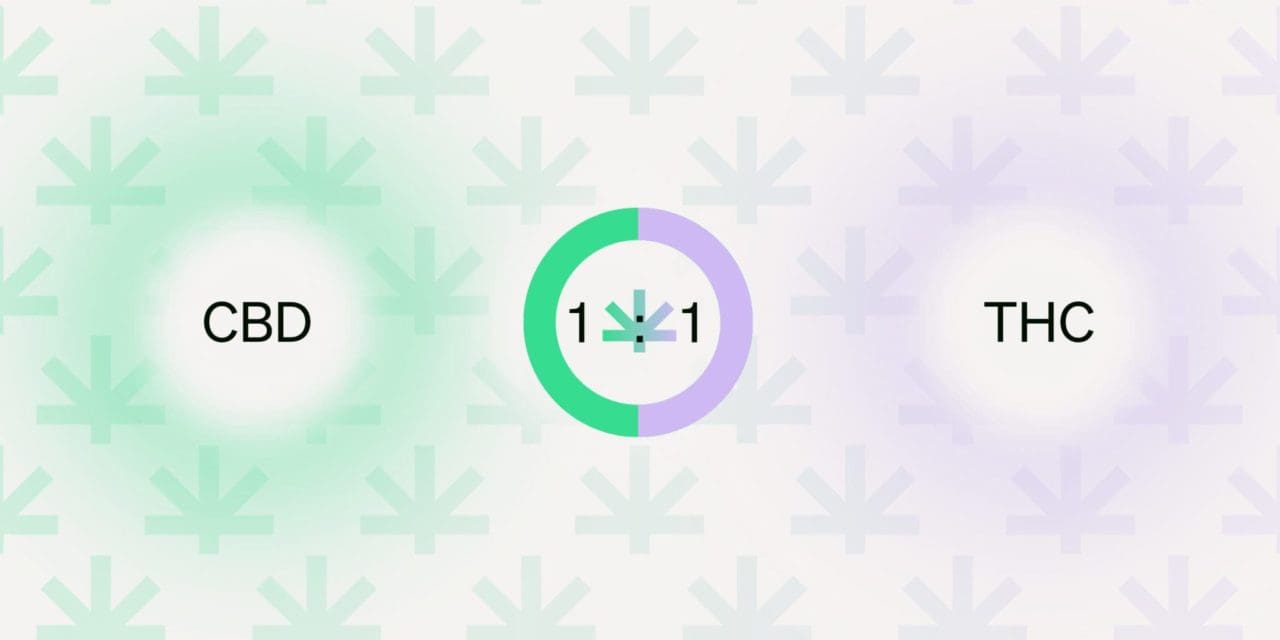What Is Dronabinol?
3 min read



Dronabinol is a synthetic cannabinoid-based medication approved by the FDA to treat weight loss and nausea in those undergoing HIV/AIDS or cancer treatment. It is a synthetic version of tetrahydrocannabinol (THC) that does not contain any other cannabinoids.
Read on to learn more about dronabinol and synthetic cannabinoids, its potential uses and adverse effects, and everything you need to know about dronabinol as a cannabis therapy.
Get your medical marijuana card
Connect with a licensed physician online in minutes.
Larger purchase limits Access to higher potency strains Save up to 40% on product taxes Enhanced legal protection
What Is Dronabinol?
Dronabinol, also known by its brand name Marinol, is a synthetic cannabinoid that works to soothe nausea or vomiting. It’s a synthetic form of THC, the most common cannabinoid found in cannabis. Dronabinol attaches to the same cannabinoid receptors as THC and other chemicals in the plant, working throughout the brain and body to ease nausea and help with appetite stimulation.
Doctors prescribe dronabinol to treat cachexia and weight loss in individuals with HIV/AIDS. It’s also used to soothe nausea and appetite loss in those undergoing chemotherapy as a cancer treatment. Dronabinol is chemically identical to THC, and there is another, more potent synthetic version of THC available for prescription named nabilone.
Dronabinol vs. THC
While dronabinol contains a compound similar to THC found in marijuana, they are not the same. The main difference between dronabinol and THC is that the former is a synthetic cannabinoid and is FDA-approved for specific treatment plans. The latter naturally occurs in Cannabis sativa and is accessible only in states where medical and/or adult use of cannabis is legalized. Dronabinol is a Schedule III substance, whereas THC derived from Cannabis sativa is a Schedule I substance.
Dronabinol was formulated after THC and acts on the body in similar ways. However, generic dronabinol corresponds to a single cannabinoid (THC), whereas THC interacts with other cannabinoids and constituents in the marijuana plant to produce effects in the entourage effect. Medical cannabis, which includes not only THC but also other phytocannabinoids like cannabidiol (CBD) and cannabichromene (CBC), is, therefore, quite different from dronabinol.
Uses and Health Benefits
Today, dronabinol only has FDA approval to treat two conditions:
- HIV/AIDS-related cachexia.
- Severe nausea resulting from chemotherapy treatment.
There are ongoing studies and off-label uses for dronabinol with documented results, some more promising than others.
Sleep apnea
A study in 2018 showed that dronabinol could reduce sleep apnea symptoms and improve awakeness in a randomized trial. The test showed that those who took higher doses of dronabinol experienced better sleep-related outcomes.
Pain
Research has examined the efficacy of dronabinol as a pain reliever in post-surgical pain, noncancer pain, and nerve-related pain. Only in chronic noncancer pain did dronabinol show modest benefits over placebo remedies, except for one study, which showed promising benefits for pain associated with multiple sclerosis.
Another study is underway to examine dronabinol’s impact on neuropathic-based lower back pain compared to whole-plant vaporized cannabis.
Multiple sclerosis
A long-term study found evidence to support dronabinol’s potential usefulness for helping with symptoms of MS. While the exact pain-relieving effects of dronabinol were unresolved, the trial demonstrated that dronabinol had good long-term potential as an MS treatment option. In the U.K., a 1:1 THC:CBD cannabis extract named “Sativex” is available for prescription for pain and spasticity associated with MS.
Alzheimer’s disease
An ongoing clinical trial by Johns Hopkins University is testing how dronabinol could potentially treat agitation symptoms in individuals with Alzheimer’s. The study is still in-process but could point to a promising future prescription option down the line. THC could help reduce plaque deposits of the beta-amyloid peptide, which becomes toxic and causes further neurodegeneration as it builds up.
Potential Side Effects and Interactions
Dronabinol is only prescribed for the two conditions the FDA has granted its blessing. The use of dronabinol may include unwanted side effects, such as:
- Nausea/vomiting
- Stomach pain
- Headaches
- Anxiety/depression
- Tiredness
- Dizziness
- “High” or elevated mood
- Confusion
As dronabinol is prescribed as a remedy for nausea from chemotherapy, it is generally considered safe and nonreactive when combined with cancer treatment. Many people prefer natural THC over their synthetic counterparts. However, dronabinol may provide longer-lasting analgesic effects compared to smoked marijuana.
Dronabinol could potentially interact with other medications such as anticholinergic medicines, medicines that cause drowsiness such as barbiturates, or tricyclic antidepressants. It’s always best to consult with your doctor to determine if your current medication regimen could have a potential interaction with a new prescription.
Get Your Medical Card
Connect with a licensed physician online in minutes.
Larger purchase limits Access to higher potency strains Save up to 40% on product taxes Enhanced legal protection


